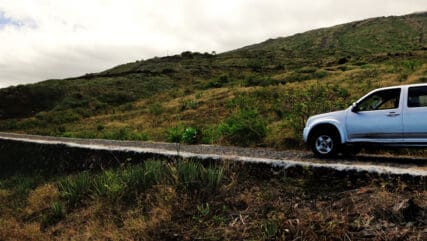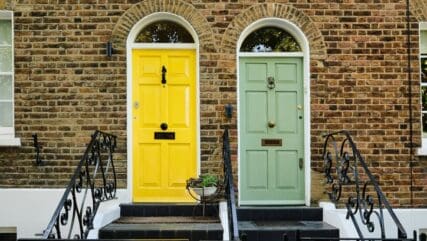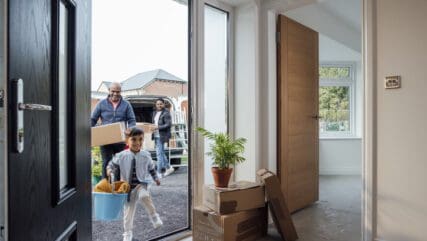Even if you started your business in your spare bedroom, sooner or later you’re likely to need some proper premises. So what’s the best way to go about it?
It might come as a surprise, but our general commercial view is that most businesses shouldn’t buy their own premises – unless the property is a significant part of the business, like a pub or a hotel.
In most cases, the business is totally independent of the property – for example, when it’s in an office, shop or unit on an industrial park. So putting a valuable piece of real estate within the trading company adds confusion. It also means missing out on a tax advantage.
Acquiring property cost-effectively
Your property could have one of three owners:
- The owner of the business (you)
- A pension fund
- Another unrelated company that owns the property freehold
A fourth option, which we would advise, is to split the interests by putting the freehold in one of the above entities, and the leasehold in your trading company. With the right sort of lease, the other parties get the asset in the right place in the long term and you can get a tax advantage that isn’t available to them.
This is because capital expenditure is not normally allowed as a deduction when computing your tax bills. So, although it’s business expenditure, the cost of buying a property doesn’t count as a deductible expense from your trading profits. You can, however, deduct the cost of acquiring a lease.
















